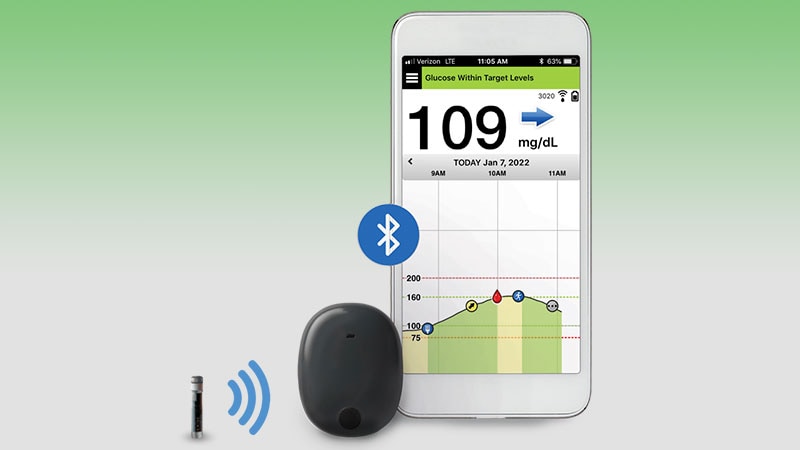South Korean medical AI developer Deep Bio is deploying its prostate cancer diagnosis support software to five local hospitals as part of a recently signed trial purchase agreement.
The AI product will be tried out at SMG-SNU Boramae Medical Center, Chungnam National University Sejong Hospital, Korea Institute of Radiological & Medical Sciences, Jeju National University Hospital, and Gyeongsang National University Changwon Hospital.
WHAT IT’S ABOUT
The trial purchase comes ahead of the full integration of Deep Bio’s DeepDx Prostate Pro into the hospitals’ pathology workflows by November. It is intended to be used to support pathologists in tumour severity determination, confirmation of diagnoses, and research.
The deep learning-based medical software analyses the whole slide image of prostate needle biopsies and automatically classifies the severity of prostate cancer. Based on evaluation studies, this tool showed 98.7% concordance in grade group classification and 96.9% concordance in “no grade” group classification compared with the reference standard created by three pathologists.
THE LARGER TREND
In November last year, Deep Bio received the approval of the Ministry of Food and Drug Safety for DeepDx Prostate Pro. In July this year, the software has been designated as an innovative product by South Korean regulators.
The technology is currently being studied by researchers at the Stanford University School of Medicine, which recently extended its software license deal with the company.
DeepDx Prostate is also being used by Morphle Labs’ pathologists in India and the US. It is also being distributed around Switzerland and North Africa through Deep Bio’s partnership with Swiss medical device distributor HealthCare Konnect.
ON THE RECORD
In a press statement, CEO Sun-Woo Kim said that “through this trial purchase project, Deep Bio will lead the introduction of digital pathology in Korea as well as accelerate domestic market expansion.”
“We are greatly expecting to prove that our software can be seamlessly integrated into the current pathology workflows, bringing positive changes such as reducing pathologists’ work burden and improving efficiency in real clinical settings,” he added.
Note: This article have been indexed to our site. We do not claim legitimacy, ownership or copyright of any of the content above. To see the article at original source Click Here













